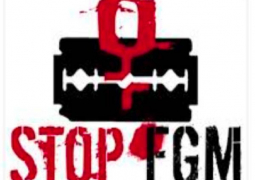When you see shepherds roaming around with their sheep in large numbers, you know the Tobaski is on again. It is an important Muslim festival during which a ram is sacrificed. Because of this, the faithful prepare for the sacrificial rams with all seriousness. Some save, some borrow in order to get at least a ram; those who are well off, buy more than a ram for the sacrifice, which they share with their neighbours and friends.
Since about a week ago, all of Serekunda has been teeming with shepherds, taking their flocks around town in search of prospective buyers. It is hard to say why they decided not to go to Abuko, the designated place for selling rams.
While we recognise the imperative of the laws of demand and supply, sellers should not take advantage of the festival to bleed the faithful by charging exorbitant prices. In a sense, sellers should even be more sympathetic to the faithful who have all commitments to meet in the course of the festival. They have to buy clothes; they have to remit money to remit to less fortunate relatives and friends; they have to buy food items to prepare sumptuous meals with which to entertain friends, relatives or neighbours. All this eats deep into the pocket. So if they have to pay an outrageous price for a ram, they may find it difficult to take care of other equally important needs.
We therefore appeal to ram sellers to temper economics with mercy by charging reasonable prices. As Muslims, we believe that one good turn deserves another. If the ram sellers are considerate of the faithful at their point of need, they will be amply rewarded in unexpected ways.
Editor's Note
This our bite is reproduce due to reported increase in the price of tobaski ram that the average Gambian cannot afford.



